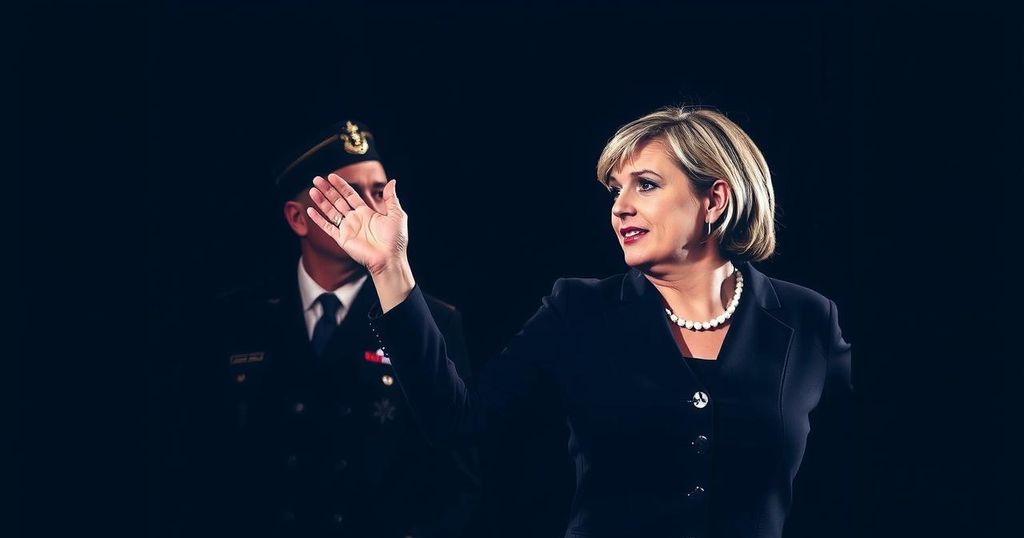World news
AIR FORCE, ALICE WEIDEL, ASIA, BLACKROCK, BUNDESTAG, CDU, CHINA, CHRISTIAN LINDNER, DEFENSE SPENDING, EUROPE, FDP, FRIEDRICH MERZ, GERMANY, GOVERNANCE, GOVERNMENT, HABECK, HAMBURG, IMMIGRATION POLICY, LIN, LINDNER, MER, MERZ, MEXICO, NORTH AMERICA, OLAF SCHOLZ, POLITICS, POPULISM, ROBERT HABECK, SAUERLAND, SCHOLZ, SRI LANKA, SWITZERLAND, WEIDEL
Jamal Abdullah
0 Comments
Candidates for Germany’s Chancellor in the Upcoming 2025 Elections
Germany is preparing for snap elections on February 23, 2025, with candidates from various parties including Olaf Scholz (SPD), Friedrich Merz (CDU), Robert Habeck (Greens), Alice Weidel (AfD), Christian Lindner (FDP), Sahra Wagenknecht (BSW), and Jan van Aken (Left Party), each offering distinct political perspectives and experiences.
As Germany prepares for snap elections on February 23, 2025, various political parties have nominated their candidates for chancellor. Olaf Scholz, representing the Social Democratic Party (SPD), is a seasoned politician with a diverse background, yet he struggles with public perception. Friedrich Merz of the Christian Democratic Union (CDU) is the oldest candidate in over 50 years, bringing a wealth of experience from both politics and business. The Greens have nominated Robert Habeck, who is recognized for his relatability and pragmatism.
The Alternative for Germany (AfD) has Alice Weidel as its candidate, known for her provocative stance on immigration and economics. The Free Democrats (FDP) are represented by Christian Lindner, a dynamic finance minister and leader, while Sahra Wagenknecht leads the choice for the German Left, positioning herself as a populist with left-leaning economic views. Finally, Jan van Aken, co-chair of the Left Party, is campaigning to ensure his party’s survival in the coming election, drawing upon his academic and political experiences.
The German political landscape is gearing up for significant change as it approaches the 2025 snap elections. With various parties presenting their candidates, the public is provided an array of choices reflecting distinct political ideologies and experience levels. Notably, the election process is seen as a pivotal moment for parties to either reinforce their standing or face challenges in voter support amid increasingly polarized views on key issues such as immigration, economic policy, and environmental concerns.
The forthcoming elections present a diverse lineup of candidates, each embodying different philosophies and policies reflective of their respective parties. From Olaf Scholz’s pragmatic governance to Alice Weidel’s controversial rhetoric, voters will be faced with contrasting visions for Germany’s future. The political dynamics leading up to the snap elections remain complex, and the outcomes will undoubtedly shape the nation’s trajectory in the coming years.
Original Source: www.dw.com




Post Comment